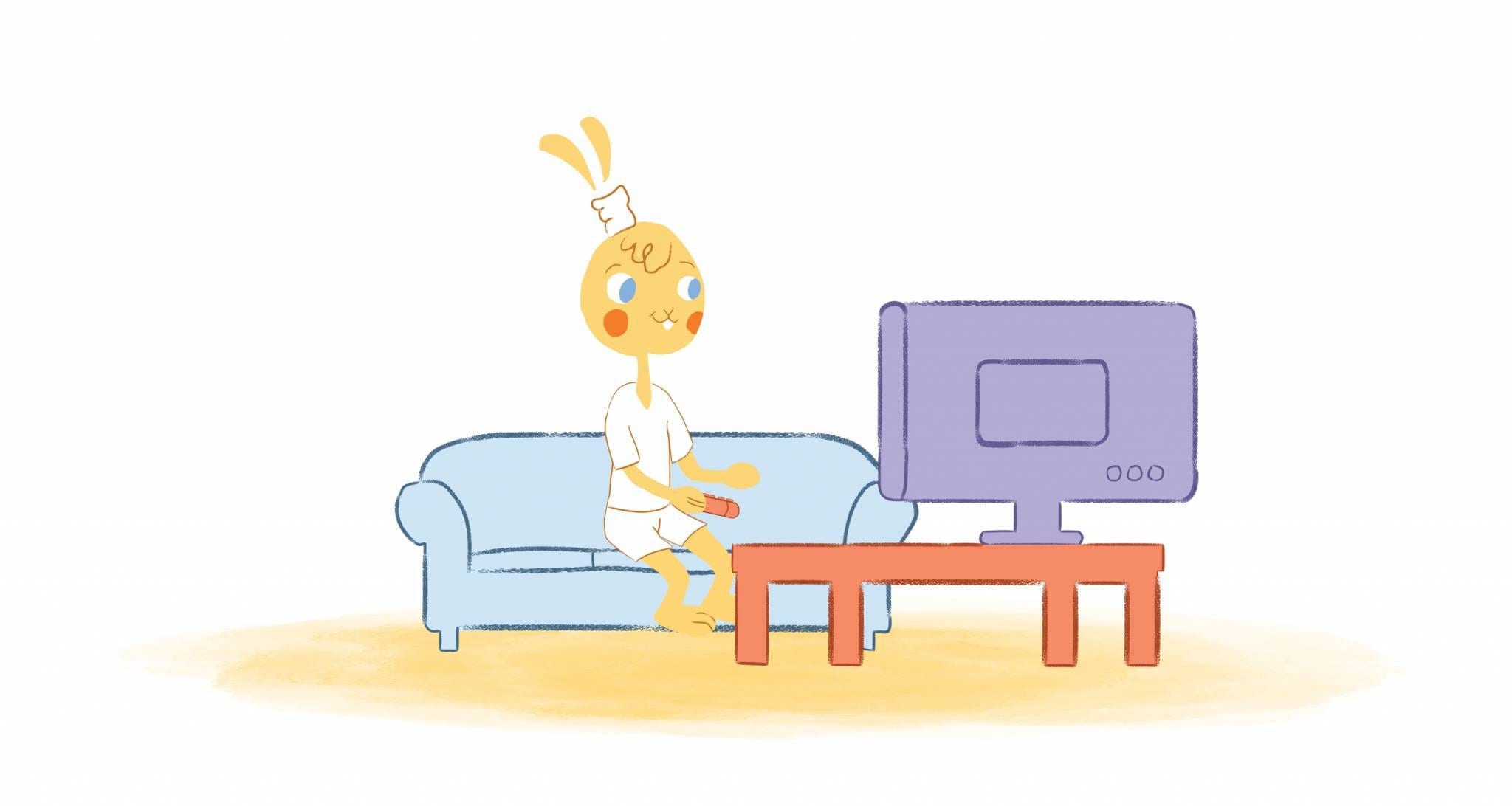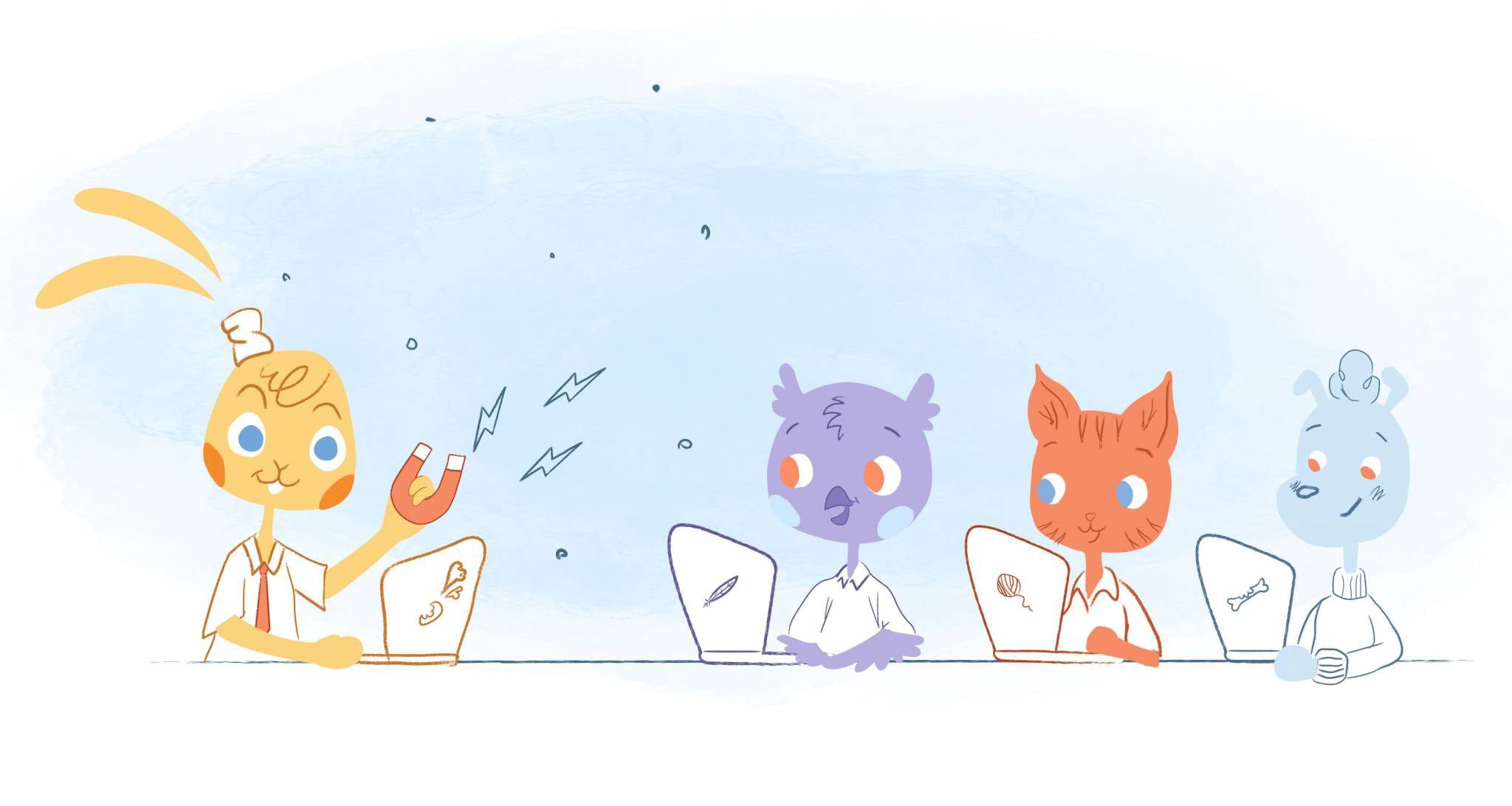

Do you feel like no matter how much time you have, you never get enough done? It might not be your work life that’s the issue; it could be what’s happening at home. Here are six at-home bad habits that could be killing your work productivity.
Clutter and chaos at home can bleed into the way you live your work life.
Perhaps you are falling into lousy habits during your time off without realizing the impact they are having on your professional productivity.
We all have the same 24 hours in a day, but how we spend them depends on our personality, obligations, hobbies, lifestyles, and more. So what personal factors might be holding back your productivity at work?
Underestimating how long things take.
You get home from work at 5:30 p.m. and plan on going to sleep around 11 p.m. That might sound like a lot of time, but there’s also a lot to get done in that span.
Without proper planning, those hours get eaten up quickly by all the mundane parts of daily life. Dinner, pets, kids, shower — all those things take up time.
If you want to be productive in the evening, be fair to yourself. Carve out the time you need for those daily tasks, and determine how much might be left for the other things you want to get done.
Not meal prepping.
Do you struggle to figure out what you will be eating for dinner every night? Creating a system of planning out your meals and the ingredients needed could save you hours of time each week.
Meal prepping can also be carried into morning and afternoon meals as well. Save yourself time and stress at work by having meals prepared that are easy to grab. Cravings are distracting, and unhealthy foods have a real impact on your productivity. Be prepared with a filling lunch that will keep you fueled throughout the day.
Not making lists.
How can you possibly know what you need to do if you don’t write it down? Keep yourself from feeling overwhelmed by organizing your tasks and putting them in order of priority. If you have a big week coming up, write it down, so you’re not continually carrying it on your shoulders at work.
There’s more than one way to make a list of what you need to get done. You can do it on a whiteboard, chalkboard, or a simple piece of paper. Better yet, use an online calendar to lay your work and personal tasks out next to one another.
Overworking yourself at home.
Working hard is a great thing. But working too hard can lead to burnout, health issues, and loss of interest in your work.
How can you possibly be productive in your work life if you are overworking yourself at home? Many signs of workaholism apply at home as well as at work. If you see them, give yourself a break.
It’s unrealistic to expect yourself to get everything done every day. Aiming too high will affect your productivity at work because you are spending more time stressing over the fact that you aren’t getting everything done instead of focusing on what you can complete.
Wasting time on social media.
Social media is a more significant time suck than most users would like to admit. It is so easy to get stuck into the endless scrolling of news feeds, not realizing just how much time has passed.
Globally, the typical internet user spends 144 minutes on social media each day. That’s about 10% of a day’s time.
Think about how many other tasks you could accomplish with that extra time. Try limiting yourself to 30 minutes each evening. You’ll feel caught up with the world and still have time to accomplish things on your to-do list.
Not setting a bedtime.
Going to bed earlier might seem like a waste of your home time, but getting more sleep will only boost your productivity. Things come up, and life gets in the way. Prioritizing a good night’s sleep every night will negatively affect your ability to get enough done at work. You’ll think more clearly and get more done to boot.
Set a bedtime and stick to it. Make sure it allows you to get at least seven or eight hours of sleep every night.
Make a relaxing bedtime routine of laying out your clothes for tomorrow, a quick shower or bath, and a little light reading from a book — not your cell phone. Make sure you get in bed at the same time every night. Continually getting in bed too late can cause anxiety, making it difficult for you to fall asleep.
The more you focus on optimizing your home life, the more benefits you’ll see to your productivity at work. And getting more done at work will help you feel more able to relax at home. Get that virtuous cycle started.











Angela Ruth
My name is Angela Ruth. I aim to help you learn how Calendar can help you manage your time, boost your productivity, and spend your days working on things that matter, both personally and professionally. Here's to improving all your calendars and becoming the person you are destined to become!